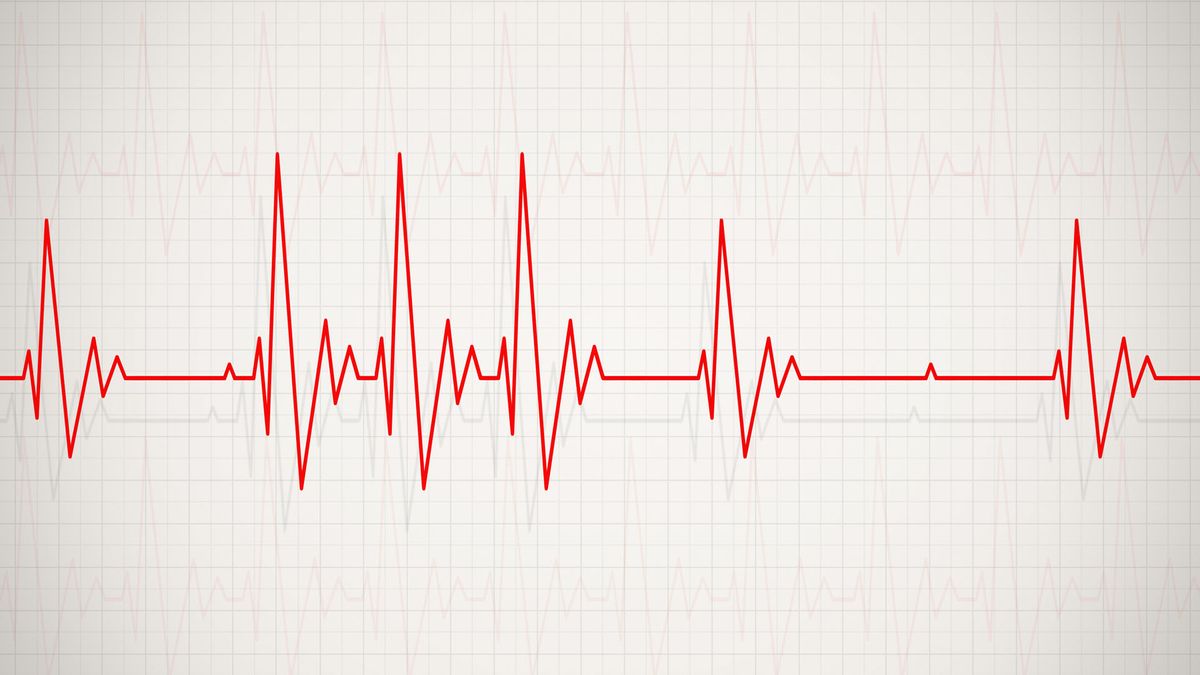Clinics are healthcare facilities that provide a wide range of medical services, often focusing on primary care and specialized treatments. They serve as essential community resources, offering accessible and convenient care to patients.
Types of Clinics
- General medical clinics: Provide primary care services for a variety of health conditions.
- Specialty clinics: Focus on a specific area of medicine, such as cardiology, oncology, or pediatrics.
- Urgent care clinics: Offer immediate medical attention for non-life-threatening illnesses and injuries.
- Dental clinics: Provide dental care services, including exams, cleanings, and restorative treatments.
- Women’s health clinics: Focus on women’s reproductive health and related issues.
- Mental health clinics: Provide counseling and therapy services for mental health conditions.
Services Offered by Clinics
- Preventive care: Regular check-ups, vaccinations, and screenings.
- Diagnosis and treatment: Diagnosing and treating a variety of illnesses and injuries.
- Chronic disease management: Providing ongoing care for chronic conditions, such as diabetes and heart disease.
- Referrals: Referring patients to specialists or hospitals for more advanced care.
- Education: Providing health education and counseling to patients.
Benefits of Using Clinics
- Accessibility: Clinics are often located in convenient locations and offer flexible hours.
- Affordability: Clinics may offer more affordable care compared to hospitals.
- Personalized care: Clinics can provide personalized care and attention to patients.
- Community-based: Clinics are often integrated into the community, providing essential healthcare services to local residents.
Challenges Faced by Clinics
- Resource limitations: Clinics may have limited resources compared to hospitals, which can affect the range of services they can offer.
- Staffing shortages: Clinics may face challenges in recruiting and retaining qualified healthcare professionals.
- Increased demand: As populations grow and age, the demand for healthcare services is increasing, putting pressure on clinics.
- Integration with healthcare systems: Clinics may need to integrate with larger healthcare systems to improve efficiency and access to care.
Clinics play a vital role in providing accessible and affordable healthcare services to communities. By understanding the types of clinics, the services they offer, and the challenges they face, individuals can make informed decisions about their healthcare needs.



